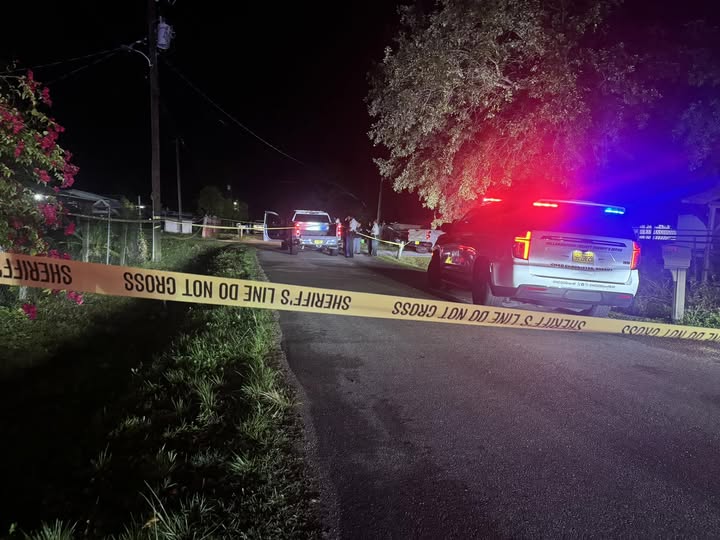FSU Shooting Sparks Outrage Over Social Media Response: “Are We Numb to Tragedy?”
In the wake of the devastating shooting at Florida State University that left two people dead and six injured, an entirely different conversation has begun to dominate online spaces: the disturbing way people are reacting — or not reacting — to human tragedy.
While police continue to investigate the events that unfolded on campus and the motivations behind the alleged shooter’s actions, the internet has been flooded not just with news updates, but with raw, unfiltered footage — and, sadly, misinformation. Videos are circulating of the aftermath: bodies on the ground, cries in the distance, blood on sidewalks. But what’s shocked many isn’t just the content itself — it’s how some bystanders seem to be responding.
One particular video has ignited a firestorm of criticism. In it, a young woman is seen walking casually past lifeless bodies, Starbucks in hand, filming the scene on her phone. Her detached demeanor has triggered a wave of disbelief and anger. “Are we really that numb to people being murdered and bodies on the ground?” one viewer posted. Another wrote, “We’ve lost all sense of empathy. This isn’t content — it’s a tragedy.”
The situation has forced a difficult reckoning: in an age where nearly everyone carries a camera, where social media demands immediacy, and where “content” often trumps compassion, have we lost the ability to respond to human suffering with dignity?
Even more troubling is the misinformation spreading rapidly alongside the images. False claims about the shooter’s identity, motives, and affiliations are being shared at lightning speed — often with no basis in fact. Some are twisting the tragedy to fit political narratives. Others are using it to chase clout online. In the chaos, what gets lost are the real victims and the families whose lives have been shattered.
The Florida State University community is in mourning. Students and faculty alike are struggling to process the trauma of violence invading their academic sanctuary. But while some are grieving, others are watching — and filming — as if tragedy is a spectacle.
Experts in media ethics and trauma psychology warn that excessive exposure to violent imagery, especially when shared without context or care, can lead to desensitization. Over time, the emotional response to violence dulls. What should horrify us instead becomes background noise in a never-ending feed of attention-grabbing content.
This isn’t just a media issue — it’s a societal one. We must ask ourselves: What does it say about us when the instinct in the face of bloodshed is to record, rather than to help? To scroll, rather than to feel?
The victims of the FSU shooting deserve more than clicks and comment threads. They deserve compassion, privacy, and respect. Their families deserve truth, not rumor. And our society deserves to remember what it means to be human — to respond to loss not with indifference, but with grace.
As the investigation continues and more details emerge, we owe it to everyone affected to focus on facts, honor the victims, and take a long, hard look at how we react to tragedy in the digital age.
If you want this adapted for an op-ed, article submission, or personal post, let me know — I can adjust the voice and format to suit it.
